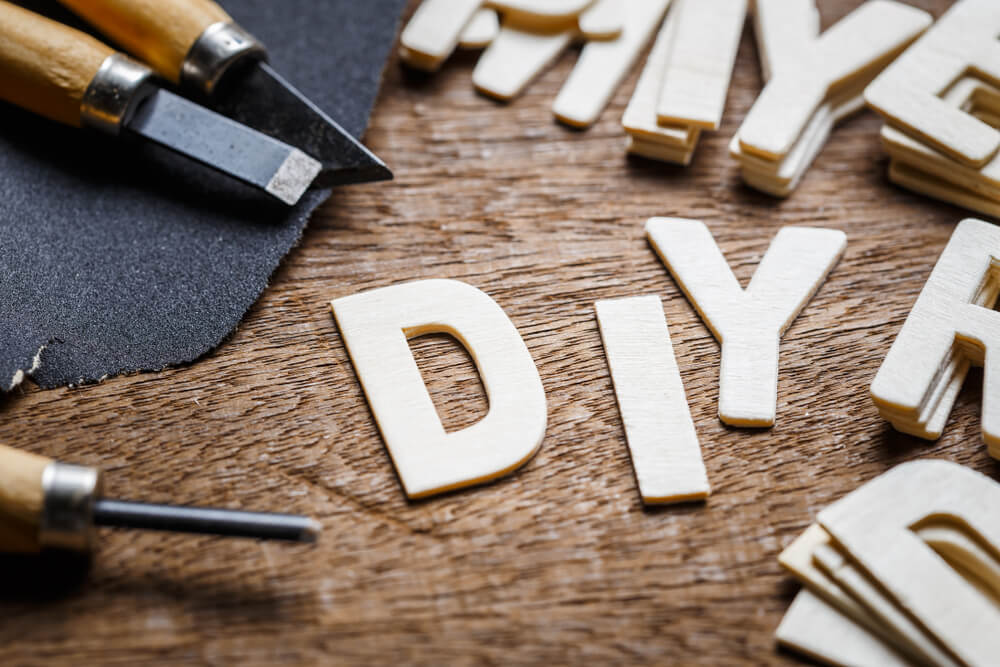
Electronic do-it-yourself projects involve expertise, creativity, and time. While creating something like a power generator or security system may seem like a fun project, it will often require more investment than you expect. As such, there are a variety of tips to know before starting your first DIY project involving electronics. Creating a financial plan, a carefully budgeted timetable, and securing backup support can ensure a fun and fulfilling DIY project experience.
Understand Your Financial Needs
Do-it-yourself projects can be an easy way to save, but they often require some up-front investment. Whether it’s the supplies, permits, or tools for the job, getting it done yourself still requires spending money. A loan company can provide the financing needed for major DIY projects involving expensive components. Importantly, you should understand these needs before getting too deep into a project. Choose a do-it-yourself task, draft a budget, and assess your financial needs before making any purchases. Electronic do-it-yourself projects, in particular, may require the purchase of tools or perhaps additional labor that may be tough to fund individually. If you have financial needs beyond the scope of what you can offer, consider a third-party financing option.
Plan and Stick to a Schedule
In the early stages of a DIY electronics project, divide the venture into discrete, individual tasks. Then, assign a certain amount of time to each task. Then double that time allotment. Working through a DIY project on a strict schedule is a recipe for disaster, especially with electronics. Planning a schedule that provides a lot of leeway will give you the time and space you’ll need to work carefully and purposefully. When in doubt, give yourself more time than you think you’ll need.
To that end, it’s essential to refrain from rushing through pieces of a project, even if specific sections feel easy. Certain tasks will take more time than you expect, and you may need to repeat steps to ensure it’s done right. When working through a do-it-yourself project, prioritize precision and deliberation over speed and efficiency.
Read Accounts and Experiences from Others
These days, DIY electronics projects are common, and most tasks can be illustrated with a detailed YouTube video or Medium post. If you have a specific project in mind, do some research to see what others have encountered. This can reduce the need for troubleshooting and allow you to avoid common pitfalls. If you’re looking for advice specific to a particular appliance repair or project, you’re sure to find it somewhere online. For example, Pinterest has a robust and experienced DIY community, and the platform allows users to comment on popular projects.
Know When to Hire a Contractor
Knowing when to throw in the towel is among the most critical pieces of knowledge to have before embarking on a DIY project. People skilled in do-it-yourself electronics work, like appliance repair and technology installation, have difficulty calling it quits. However, it is better to know personal limitations to prevent financial loss and potential injury. When handling projects requiring a connection to the electrical grid, it’s crucial to hire a professional with the expertise necessary to complete a project safely. Before starting on a project, reflect on the type of experience and knowledge resources you’ll need to complete it. And remember that if you decide you may need professional assistance, you may need to complete the relevant tax forms that come with hiring an independent contractor. When it comes to do-it-yourself electronic projects, it’s essential not to overestimate your skill level.
Know When to Persevere
While it’s important to recognize when you need a professional’s help, it is equally important to forge ahead when a task is within your wheelhouse. It is common for folks working on DIY projects to become disheartened and give up on a project. So long as there is no financial or physical danger associated with persevering through a project, do what you can to learn, grow, and apply your skills. After all, that’s why so many people enjoy DIY projects; it’s an opportunity to test your skills, creativity, and resolve.